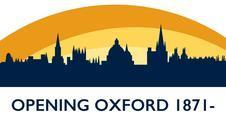The Scottish Universities
It was Andrew Carnegie, the Scots-American philanthropist, who described England as ‘a nation of caste’ and Scotland as a democracy forged under the inspiration and leadership of the sixteenth-century Protestant reformer, John Knox. For Scots, this was a vision, and contrast, made real in higher education. Where the five ancient universities in Scotland – Edinburgh, Glasgow, King’s and Marischal Colleges in Aberdeen, and St Andrews - were national and popular, as well as secular, urban, professional, and non-residential (and thus relatively cheap), the collegiate universities of Oxford and Cambridge were emphatically different beasts. What mattered was that Scottish universities were accessible, intimately linked to and part of national system of education which reached down into and across society in the form of a national system of parochial schools, and that they facilitated social mobility. As Lyon Playfair, the scientist, liberal MP, and educational reformer, and, indeed, committed unionist, put it in the later nineteenth century, Scottish education represented a ‘ladder from the gutter to university’. Some, quite a lot perhaps, of this was myth – the need for reform of the universities was firmly recognized and promoted from at least the 1810s onwards. However, it was a myth which was thuddingly reiterated; and it mattered well beyond the realm of education. It also captured important differences between Scotland and England, albeit these became somewhat blurred with the establishment of University College London (in 1826) in which a number of Scots featured prominently and, more crucially, the English civic universities in the second half of the nineteenth century.
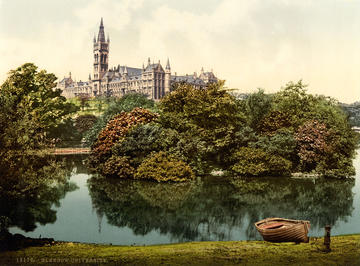
University of Glasgow, c.1895.
For students at the Scottish universities, no religious tests were applied at matriculation. In Edinburgh and Glasgow, this, and the fact that anyone could enrol in classes without the intention of following a full course of study, resulted in strikingly disparate student bodies, both socially and geographically. Whether or to what degree this was also true in religious terms is less clear, although many English and Irish Protestant religious dissenters went to Edinburgh and Glasgow, as, indeed, did Protestants of other stripes from Britain, Ireland, Europe and, increasingly, across the British empire. Among attendees of John Walker’s Natural History class in the late eighteenth century was, for example, the Limerick Quaker and later physician, John Unthank.
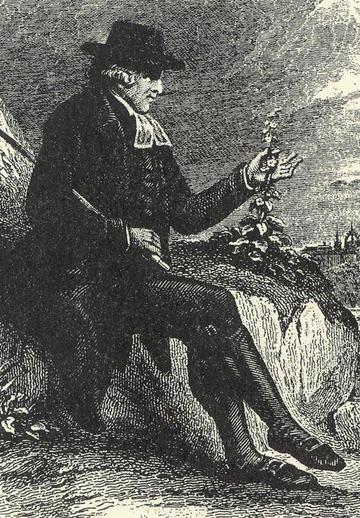
John Walker 1731-1803.
Prior to the 1858 Universities (Scotland) Act, which underwrote the national and secular aspects of higher education in Scotland, the Kirk and the universities were very closely linked. Quite apart from their role in educating ministers and, indeed, parish schoolmasters, at least in theory the Kirk had a role to play in selecting academic staff through adjudicating on their religious and moral orthodoxy. Professors in lay subjects were not required to be clerics or in Holy Orders; however, they were supposed to sign two declarations supporting the government and Presbyterianism, although the latter was widely ignored, at least in Edinburgh for much of the eighteenth century. Even before the 1750s, the Kirk interfered in only a small minority of university appointments, most notoriously in the case of the philosopher and historian David Hume – who, on religious grounds, was prevented from assuming such a position, yet without whom what later became known as the Scottish Enlightenment was (and is) nigh on unthinkable. Thereafter, the proportion declined markedly, and the interventions became much less effective. Paradoxically, it was the Kirk itself, with the establishment of the Moderate Ascendancy in the Church of Scotland, from the 1750s until the 1790s, which played the crucial role in enabling the secular currents which shaped ever more strongly university life and education. Symptomatic of this was the fact that it was a minister of the Kirk, William Robertson, the celebrated historian, who presided as Principal over the University of Edinburgh in its brilliant Enlightenment heyday. In 1805, there was an effort to revive the role of the Kirk in vetting appointments in the context of the Leslie affair – so-called after its key protagonist, the mathematician and layman John Leslie - but the Court of Session determined that their role was only advisory and not binding, and that the Kirk therefore had no direct involvement in assessing the orthodoxy of professors. The test was formally abolished in 1853 by Parliament. By this stage, the link between the Kirk and the universities had also been significantly weakened by the Disruption of 1843, when many Evangelical ministers left the Kirk to form the Free Church. In truth, however, it had long been declining in potency. University life and the evolving curricula it supported closely reflected the outlook of the patrons who controlled university patronage, men such as Archibald Campbell, third duke of Argyll (1682-1762) and later Henry Dundas, from 1802 1st Viscount Melville (1742-1811), and beyond that the diversifying elites of Scottish society, whose eyes were fixed very firmly on the here and now, and their personal and national fortunes and prospects.
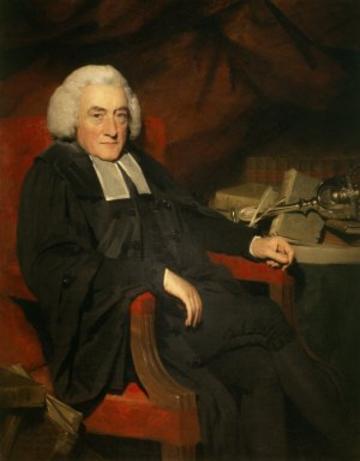
William Robertson, 1721-1793.
Theology and religion were not ignored, but the growing secular content and tone of a Scottish university education would be hard to miss. Roger Emerson, the eminent Canadian historian of the Scottish Enlightenment, speculates that ecclesiastical historian William Rouet, who taught at the University of Glasgow, may in some years have simply omitted to give courses on church history. For him, church history was part of secular history, and he was a pioneer in lecturing on topics such as the history of art. This trend, for the Universities to focus on a combination of professional and liberal education, only deepened in the nineteenth century. These bodies might not support the quality and rigour of classical learning to be found in Oxford, but then their purpose and aims were different. To paraphrase Sydney Smith, the English wit and clergyman, there was nothing wrong with classical learning, but equally there was nothing wrong with other types of learning. What to its usually English critics was a smorgasbord of superficial learning was to its defenders, healthy breadth and diversity which gave its beneficiaries the character, as well as vocational skills, to go out and flourish in society and, importantly, earn a living. The national educational mission may have had religious roots, but it had become firmly secularized.
Bob Harris, Professor of British History, Worcester College, Oxford.
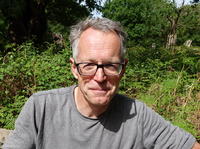
More from the Blog
Follow us on Twitter here.

